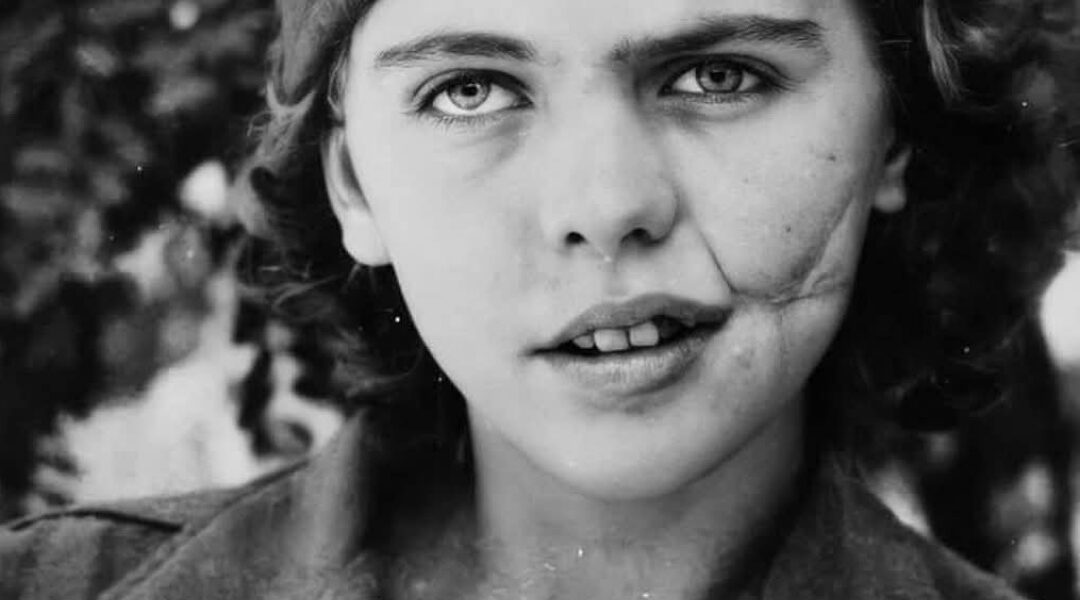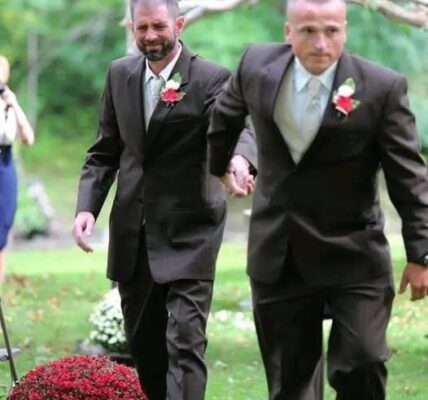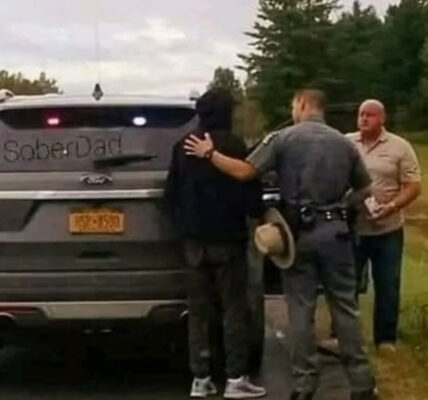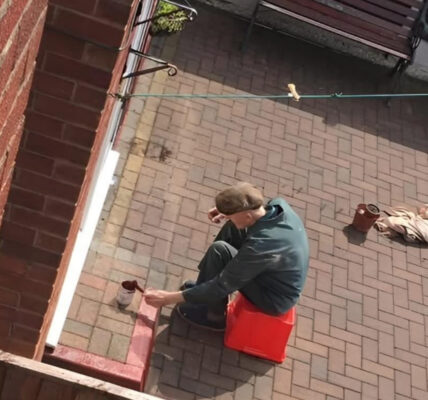
When war came to her homeland, she was just a girl.
Sixteen years old, her hair still tied in ribbons, her eyes full of fire and hope. But behind that youth burned something fierce — a determination to stand against tyranny. Her name was Albina Mali-Hočevar, and though she would never know fame or fortune, she would etch her name into the story of her nation’s struggle for freedom.
It was 1941 when Nazi Germany invaded Yugoslavia, splitting it apart with violence and fear. For the people of Slovenia, it meant occupation, arrests, executions, and silence. Yet, even as her world collapsed, Albina chose not to hide. She joined the People’s Liberation Movement of Yugoslavia, a resistance formed by ordinary men and women who refused to accept defeat.
But when she arrived, eager to take up arms, her superiors looked at her small frame, her delicate hands, and decided she was to serve as a nurse, not a fighter.
The news broke her heart. “I wanted to fight,” she later said. “But they told me I would fight best by saving others.”

At first, her weapon was not a rifle — it was a bandage. Her battlefield was not in the trenches — it was among the wounded and dying.
She carried men on her back through mud and gunfire. She crawled through bombed-out fields to reach the fallen. Her hands trembled not from fear, but from exhaustion and compassion. “The nurse Albina always paid more attention to the wounded than to herself,” one comrade remembered. “She knew neither fear nor fatigue as long as there were lives to save.”
But war would not spare her from its cruelty. Albina soon found herself drawn closer to combat, caught between the line of duty and the call of battle. The war demanded more of her than anyone could imagine.
At seventeen, she was wounded twice — bullets and shrapnel cutting through her flesh. She returned to the front each time. At eighteen, she was hit again, more severely. A shell exploded near her, throwing her to the ground. When the dust cleared, her face was scarred, her right eye gone. But she survived — and when her wounds healed, she refused to leave the fight.
Albina’s face was never the same again. Deep scars crossed her cheeks like silver rivers, forever marking her as a child of war. Yet to those who knew her, those scars were a badge of honor. They said she had stood her ground while others fell. They said she had looked into the face of death — and did not flinch.
She continued to serve as a nurse and a fighter, even as the war dragged on through the mountains and villages of Yugoslavia. By the time peace finally came, she was no longer the young girl who had joined the resistance. She was a woman — hardened, scarred, but unbroken.
Her courage did not go unnoticed. After the war, the new government of Yugoslavia honored her with the Order of the Partisan Star, 3rd Class, one of the nation’s highest decorations for valor. To her comrades, though, she was more than a decorated hero — she was a symbol. A reminder that the fight for freedom was not won by men alone, but by women who refused to stand in the shadows.
Even in peace, Albina never sought attention. She lived quietly, carrying her scars with pride and humility. To her, they were not a tragedy — they were proof of her survival, and of a nation reborn from ashes.
“Every scar,” she once said, “is a story. Mine tell of pain, yes — but also of courage. Of how even the smallest hands can help lift the weight of freedom.”
Albina Mali-Hočevar passed away on January 24, 2001. She was 76 years old.
But in every story told of resistance, in every photograph of her calm, unbroken gaze — she still lives. Not just as a fighter, but as a healer. Not just as a soldier, but as a symbol of grace beneath fire.
Her legacy endures — a reminder that sometimes, the bravest act of war is not to take a life, but to save one.




